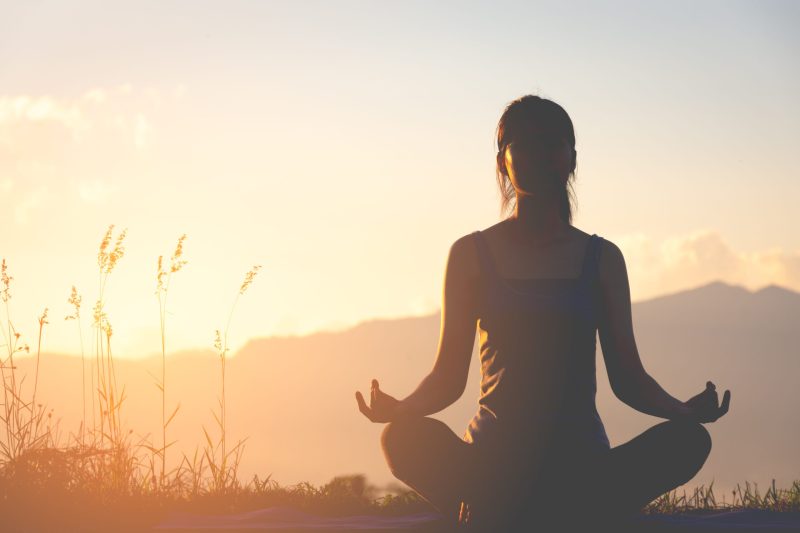 On December 21, 2024, the world will commemorate the inaugural World Meditation Day, following a historic resolution passed by the United Nations General Assembly on November 29, 2024. This groundbreaking event will create an annual global observance of meditation, underscoring its profound benefits for mental and physical health and its potential to foster global peace and unity.
On December 21, 2024, the world will commemorate the inaugural World Meditation Day, following a historic resolution passed by the United Nations General Assembly on November 29, 2024. This groundbreaking event will create an annual global observance of meditation, underscoring its profound benefits for mental and physical health and its potential to foster global peace and unity.
To mark this milestone, India’s Permanent Mission at the UN hosted a special ceremony at the UN headquarters in New York. The event featured a live global meditation session, led by renowned spiritual leader Sri Sri Ravi Shankar, founder of the Art of Living Foundation, who was the chief guest. The theme of the event, “Meditation for Global Peace and Harmony,” aimed to promote meditation as a tool for improving mental health and promoting global peace.
The UN General Assembly’s recognition of World Meditation Day highlights meditation’s power to combat growing stress, societal violence, and disconnection. In today’s fast-paced world, meditation has become a beacon of hope, guiding individuals toward inner peace and self-awareness. This age-old practice, deeply rooted in India’s culture, has transcended borders and is now embraced worldwide. Over the years, meditation has gained recognition as an effective tool for fostering international goodwill, improving mental well-being, and offering a unique approach to life’s challenges.
Meditation is described by the United Nations as an ancient practice that helps individuals focus on the present moment. It has evolved from its spiritual and religious roots to become a global practice used for personal well-being and mental health. With techniques like mindfulness and focused attention, meditation aims to bring mental clarity, emotional stability, and physical relaxation.
Research has shown that meditation can significantly reduce stress, improve focus, alleviate anxiety and depression, and improve sleep. It also provides physical benefits, such as lowering blood pressure and managing pain. Thanks to technological advancements, access to meditation has expanded, with apps and online platforms offering individuals the opportunity to practice whenever and wherever they choose.
Beyond its benefits, meditation fosters empathy, collaboration, and a sense of shared purpose, contributing to collective well-being. The World Health Organisation (WHO) acknowledges the positive effects of meditation, particularly mindfulness, in promoting stress management and overall mental and physical health.












